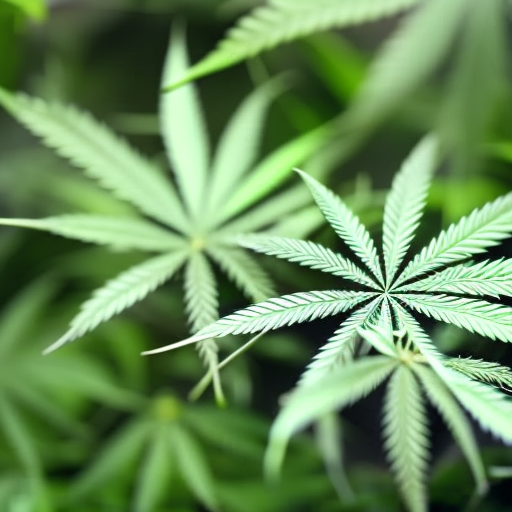
Public interest in CBD, or cannabidiol, is on the rise, according to a recent study published in JAMA Network Open. The study analyzed Google search data and found that searches for CBD in the United States reached 6.4 million in April 2019. This represents a significant increase compared to previous years.
The study also revealed that searches for CBD remained stable from 2004 to 2014 before experiencing a substantial jump of nearly 126 percent in 2017. In 2018, searches increased by 160 percent compared to the previous year. The authors of the study predict that CBD search volumes will continue to rise by almost 118 percent in 2019 compared to 2018.
Interestingly, searches for CBD were more prevalent in states where recreational cannabis had been legalized, as opposed to states with medicinal cannabis or marijuana prohibitions. Furthermore, searches for CBD surpassed those for other health and wellbeing-related topics such as acupuncture, apple cider vinegar, meditation, and vaccination.
Another study conducted in July found that the legalization of recreational cannabis in certain US states led to an 11 percent decrease in online searches for alcohol. These findings suggest a shift in consumer preferences and interests towards CBD and away from alcohol.
Despite the increasing interest in CBD, it is important to note that Google searches do not necessarily reflect actual usage of CBD products. However, this growing curiosity underscores the need for further research into CBD and its potential effects on public health.
The researchers behind the study recommend focusing on the epidemiology of CBD use and investigating who uses CBD products and for what purposes. Additionally, they emphasize the importance of evaluating the effects of CBD and its potential drug interactions. Given that mislabeled and adulterated CBD products have led to mass poisonings, the development of product safety standards is crucial. Standardizing marketing practices around CBD is also essential to ensure that the public is not misled and trust in evidence-based medicine is not eroded.
Compliance issues with CBD products have been observed in the US, with synthetic products falsely marketed as CBD causing poisonings in Utah. Furthermore, the US Food and Drug Administration has issued warnings to several CBD companies for making unsubstantiated claims about their products’ ability to treat cancer and Parkinson’s disease.
In countries outside of North America, efforts are being made to regulate the CBD market more effectively. In the UK, for example, the Centre for Medicinal Cannabis has introduced measures of legitimacy that require CBD companies to work with accredited laboratories and prohibit inaccurate labeling and medical claims.
As public interest in CBD continues to grow, it is imperative that further research is conducted to ensure the safety and efficacy of CBD products. Establishing clear regulations and standards will help protect consumers and promote responsible use of CBD.

